If you have a wet basement, you know how frustrating it can be. Not only is it a health hazard, but it can also damage your house and belongings. In this blog post, we will discuss some tips on how to waterproof your basement from the outside. This will help keep your basement dry and prevent any further damage. Follow these tips and you will be on your way to a dry basement!
Why Should You Waterproof Your Basement Walls?
The basement is the lowest level of your house, and it’s where all the plumbing and utilities are located. Because of this, basements are particularly susceptible to water damage. In fact, about 60% of homeowners will experience some type of water damage to their basements at some point.
The Problems Caused by a Wet Basement
Wood Rot and Metal Rust
If you have a wet basement, you may not think it’s a big deal. After all, it’s just water, right? Wrong. A wet basement can actually cause some serious problems for your home. One of the most common problems is wood rot. When wood gets wet, it starts to break down and decay. This can weaken the structure of your home and make it more susceptible to damage in the future.
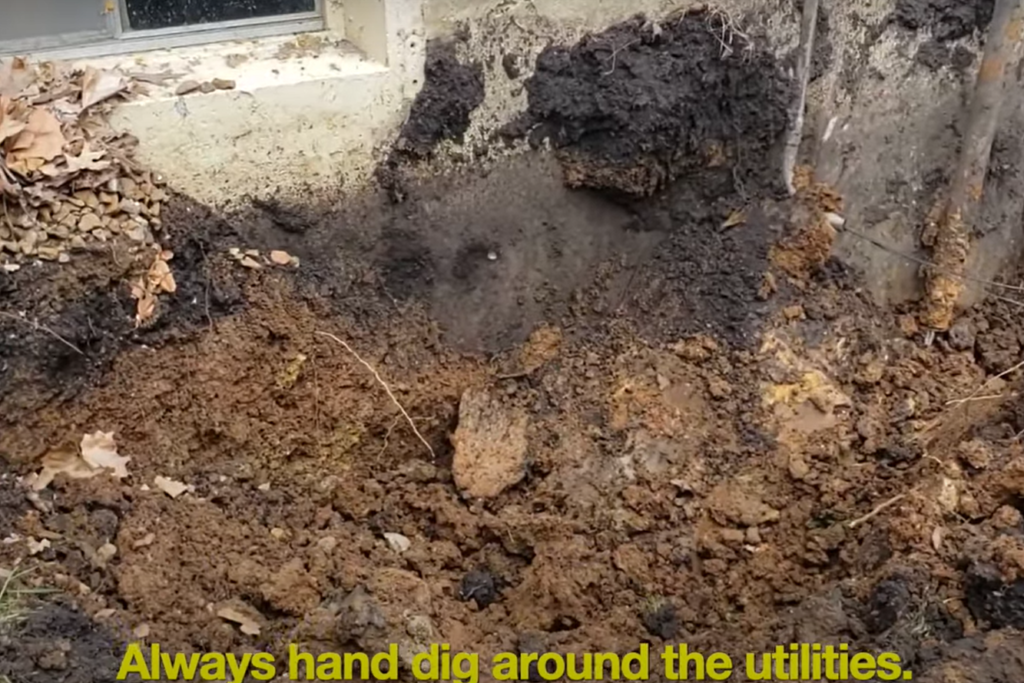
Another problem that can be caused by a wet basement is metal rust. If there are any metal components in your basement, they can start to rust when they get wet. This can cause serious damage to these components and make them less effective at doing their job.
Development of Mold and Mildew
A soggy basement is a breeding ground for mold and mildew, which can wreak havoc on your home. Not only is this unsightly, but it can also cause health problems for you and your family. If you have a waterproof basement, you won’t have to worry about this problem.Leaks –
Damage to Stored Items
Another problem that can occur when you have a wet basement is damage to any stored items. Water can cause wood to rot, metal to rust, and fabric to mildew. If you have a waterproof basement, you can rest assured that your stored belongings will be safe from water damage.
Structural Damage
Perhaps the most serious problem that can occur as a result of a wet basement is structural damage to your home. Water can weaken the foundation and supports of your house, leading to cracks and even collapse. A waterproof basement will protect your home from this type of damage. [2]
Causes of a Wet Basement and How to Prevent It
There are many reasons why your basement may be wet. Some of the most common causes include:
- Cracks in the foundation walls or floor: Water can seep through cracks in your foundation and cause your basement to flood. To prevent this, have any cracks in your foundation repaired by a professional as soon as possible;
- Poor drainage around your home: If the ground around your home is not properly graded or if there is inadequate drainage, water can pool around your foundation and cause your basement to flood. To prevent this, make sure the ground around your home is properly graded and that there is adequate drainage;
- Gutters and downspouts: If your gutters and downspouts are not functioning properly, water can overflow and cause your basement to flood. To prevent this, make sure your gutters and downspouts are clear of debris and that they are draining properly;
- Hydrostatic pressure: When the soil around your foundation is saturated with water, it can put pressure on your foundation walls and cause them to crack. This can allow water to seep into your basement and cause flooding. To prevent this, make sure the ground around your home is graded so that it slopes away from your foundation. Additionally, you can install a French drain or another type of drainage system to remove water from the area around your foundation;
- Plumbing leaks: Leaks in your home’s plumbing can also cause your basement to flood. To prevent this, have any leaks repaired by a professional as soon as possible [3];
Costs of Fixing a Wet Basement
The cost of fixing a wet basement can vary depending on the severity of the problem. For example, if you have a small amount of water seeping in, you may be able to fix the problem with some sealant and a dehumidifier. However, if your basement is constantly flooding or the walls are crumbling due to water damage, you may need to spend thousands of dollars on repairs.
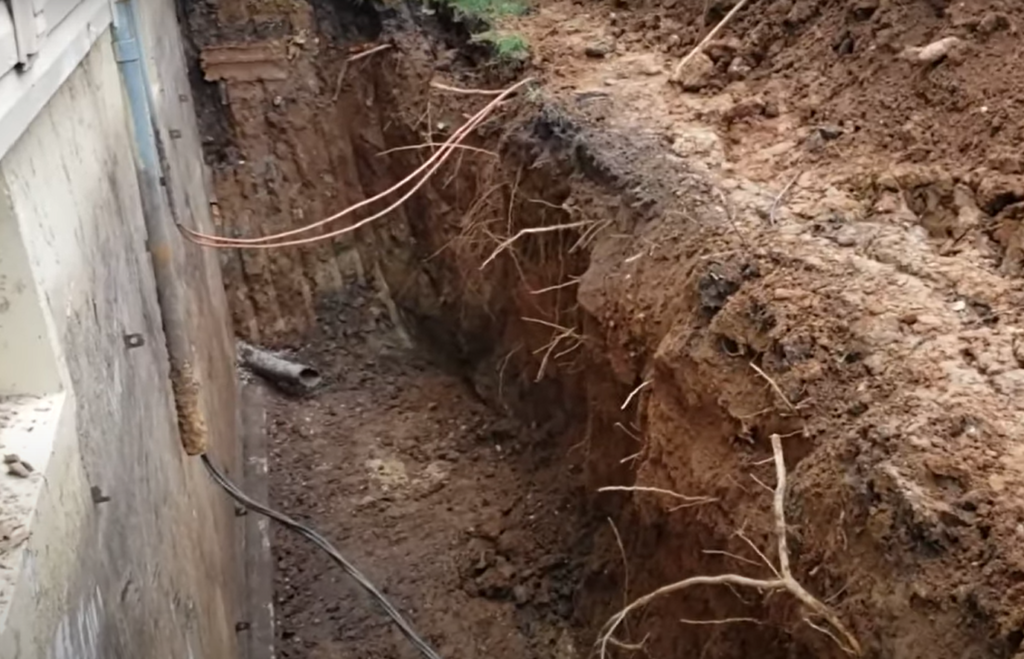
Precautionary Measures to Take Before Waterproofing
It is always better to be safe than sorry. Therefore, before you start waterproofing your basement, there are a few precautionary measures that you should take in order to avoid any future problems:
- First of all, make sure that the gutters and downspouts around your house are clean and free from debris. This will ensure that water can flow freely away from your foundation;
- Secondly, check the grading around your house. The ground should slope away from the foundation so that water does not pool up against it;
- If you see any cracks in your foundation, get them repaired as soon as possible. These cracks can allow water to seep into your basement;
Waterproofing a Basement on the Outside
Determine the Source of the Water
The first step in waterproofing your basement from the outside is to determine where the water is coming from. If you have a lot of rain or snowmelt, it might be seeping in through cracks in your foundation. You might also have a problem with a runoff if your gutters aren’t draining properly. Once you know where the water is coming from, you can take steps to mitigate the problem.
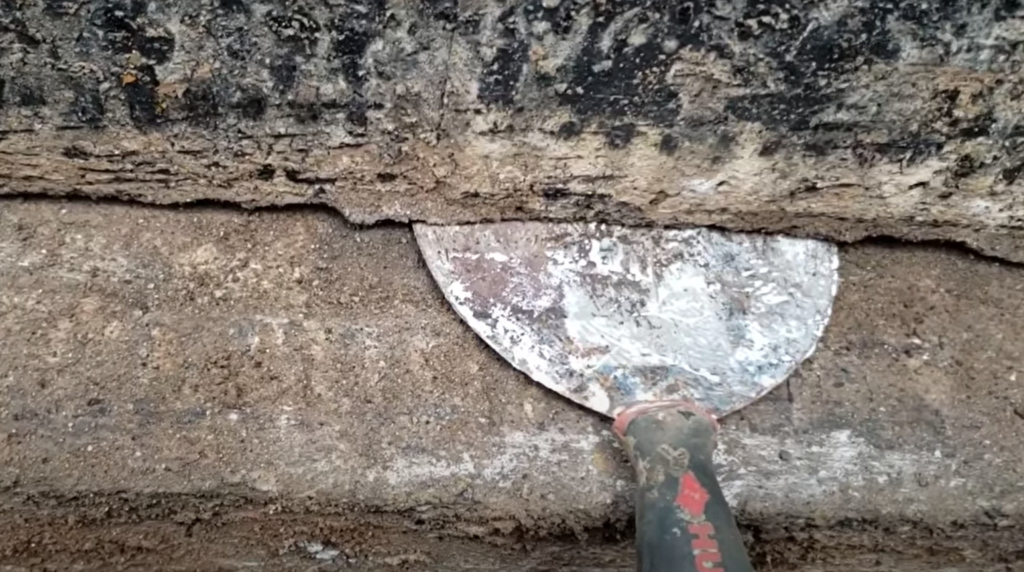
Seal Cracks and Holes in Your Foundation
One of the most common ways that water gets into basements is through cracks and holes in the foundation. You can seal these yourself with a concrete sealer or masonry caulk. If you have larger cracks, you might need to use hydraulic cement or epoxy. Make sure your gutters are draining properly. If you have a lot of rain or snow melt, it’s important to make sure that your gutters are draining properly. If they’re not, the water can run down the side of your house and seep into your basement through cracks and holes. You can clean your gutters yourself or hire a professional to do it for you.
Install an Interior Drainage System
If you have a lot of water seeping into your basement, you might want to consider installing an interior drainage system. This will capture the water before it has a chance to damage your walls or floors. You can install these systems yourself or hire a professional to do it for you.
Complete the French Drainage System
If you have a French drainage system, it’s important to make sure that it’s completed. This will ensure that water is directed away from your foundation and doesn’t have a chance to seep in. You can complete the system yourself or hire a professional to do it for you.
Hire a Professional
Things to Avoid When Waterproofing Your Basement Walls
When it comes to waterproofing your basement walls, there are a few things you should avoid doing if you want to keep your basement dry. Here are a few tips:
- Don’t use tar as a waterproofing agent. Tar can actually make the problem worse by trapping moisture in and preventing the wall from “breathing”;
- Don’t paint over cracks in the foundation. This will only temporarily cover up the problem and won’t do anything to actually fix it;
- Don’t try to seal the cracks yourself with silicone or other caulking materials. These materials will eventually fail and allow water to seep through again;
- Don’t rely on gutters and downspouts alone to keep your basement dry. Gutters can become clogged with leaves and debris, and downspouts may not be able to handle the volume of water during heavy rain;
- Don’t neglect your yard. Make sure that any drainage ditches or swales are clear of debris so that water can flow away from your foundation;
- Don’t forget about the windows in your basement. If they are old or poorly sealed, they can be a major source of leaks;
- Don’t wait until it rains to test your waterproofing system. Do a “dry run” by hooking up a hose to the outside faucet and turning it on full blast. This will give you a good idea of where any leaks are so that you can repair them before the rains come;
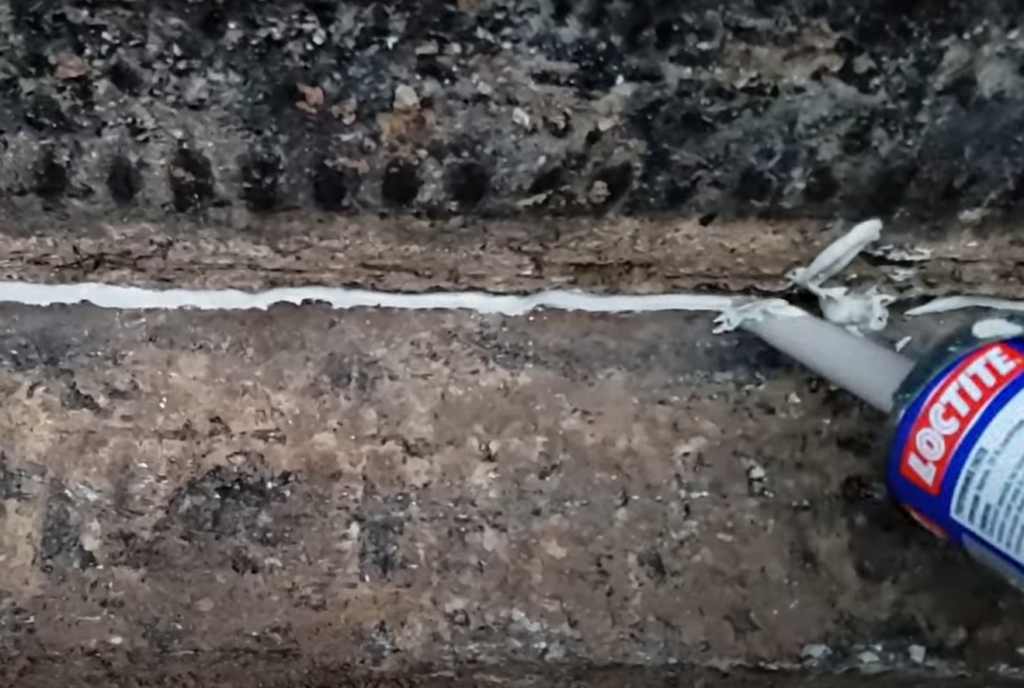
Waterproofing your basement doesn’t have to be difficult or expensive. By following these simple tips, you can keep your basement dry and prevent serious damage to your home. [5]
FAQ
Should I waterproof my basement from the inside or outside?
This is a difficult question to answer without knowing more about the specifics of your basement and home. In general, waterproofing from the outside is going to be more effective, as it will prevent water from ever getting into your basement in the first place. Waterproofing from the inside can still be effective, but it may not be able to completely keep water out if there are already cracks or other openings in your basement walls.
What are some common causes of wet basements?
There are a few different things that can cause water to seep into your basement, including:
- Cracks in the foundation or walls;
- Poor drainage around the base of your home;
- A high water table (this is especially common in areas that are prone to flooding);
- Leaky pipes or fixtures inside the basement;
How can I tell if my basement is already waterproofed?
The best way to tell if your basement is already waterproofed is to look for any signs of water damage, such as:
- Water stains on the walls or floor;
- Mildew or mold growth;
- A musty smell;
- Dampness or wetness on the walls or floor;
If you see any of these signs, it’s a good idea to call in a professional to take a look and see if your basement needs to be waterproofed.
What are some common methods of waterproofing basements?
There are a few different ways that you can waterproof your basement, including:
- Applying a waterproof sealant to the outside of your foundation;
- Installing a French drain around the perimeter of your home;
- Adding gutters and downspouts to help redirect water away from your foundation;
- Repairing any cracks or other openings in your basement walls;
What is the cheapest way to waterproof a basement?
In general, the cheapest way to waterproof your basement is to do it yourself. There are a number of products on the market that you can use to waterproof your basement walls, and many of them are relatively inexpensive. However, if you’re not confident in your ability to do it yourself, it’s always best to call in a professional.
How much does it cost to waterproof a basement?
The cost of waterproofing your basement will vary depending on the method you choose and the size of your basement. In general, you can expect to spend anywhere from a few hundred dollars to several thousand dollars to waterproof your basement. Hiring a professional to waterproof your basement is usually going to be the most expensive option, but it’s also the most effective.
How long does it take to waterproof a basement?
The amount of time it takes to waterproof your basement will vary depending on the method you choose. If you’re doing it yourself, it may only take a few hours to apply a sealant to your foundation. However, if you’re hiring a professional to install a French drain or another more involved waterproofing system, it may take several days to complete the project.
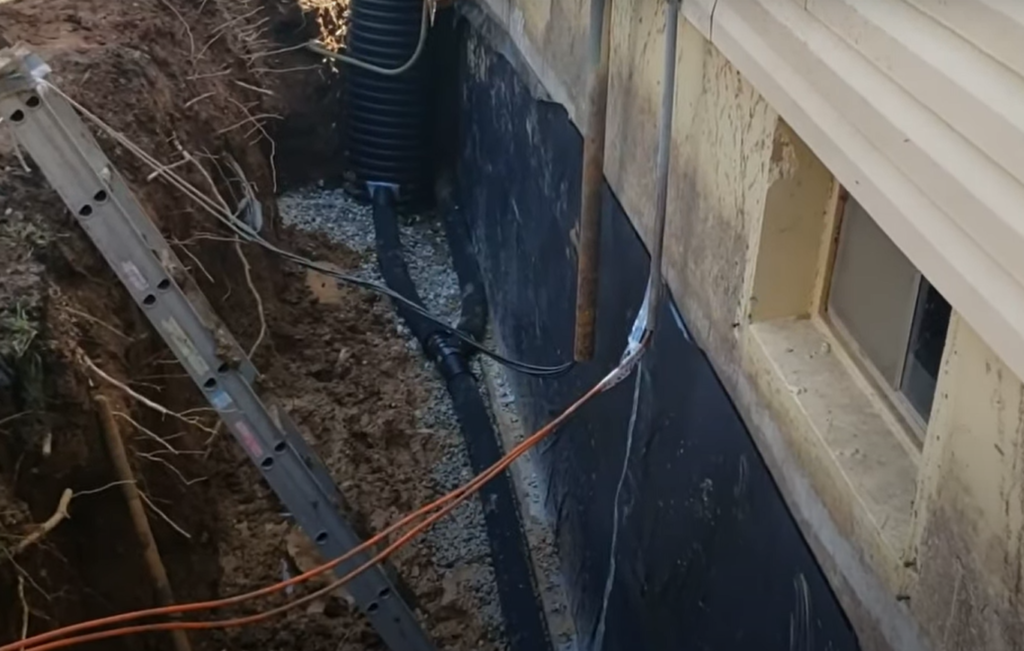
Will flex seal work on basement walls?
Yes, Flex Seal can be used to waterproof basement walls. Flex Seal is a liquid rubber sealant that can be applied to a variety of surfaces, including concrete, wood, metal, and more. Once it dries, it forms a watertight, flexible barrier that can help prevent water from seeping into your basement.
How do you cover the outside basement walls?
One way to cover the outside basement walls is to apply a waterproof sealant. This will create a barrier between your foundation and the outside elements, helping to keep water out. Another option is to install a French drain around the perimeter of your home. This will help redirect water away from your foundation and into a drainage system. If you have any concerns about water seeping into your basement, the best thing to do is call in a professional. They will be able to assess the situation and recommend the best course of action for your home.
What should you not use Flex Seal on?
Flex Seal should not be used on surfaces that are regularly exposed to direct sunlight or heat, as it can cause the material to deteriorate. It also should not be used on surfaces that are wet or damp, as this can prevent the sealant from adhering properly. If you’re not sure whether or not Flex Seal is right for your project, it’s always best to consult with a professional.
What will Flex Seal not stick to?
Flex Seal will not stick to surfaces that are made of silicone, Teflon, or any other type of non-stick material. It also will not stick to surfaces that are wet or damp. If you’re not sure whether or not Flex Seal is right for your project, it’s always best to consult with a professional.
Useful Video: Basement Waterproofing Exterior, How to Waterproof Basement Wall
Conclusion
Waterproofing your basement from the outside is a great way to keep your home dry and free of water damage. There are a few different ways to do this, but the most important thing is to make sure that you seal any cracks or holes in your foundation. Doing this will help to prevent water from seeping into your home and causing damage.
If you have a lot of rain in your area, you may also want to consider installing gutters and downspouts around your home. This will help to collect the water before it has a chance to enter your basement. You can also install a sump pump in your basement to remove any water that does manage to get inside.
Taking these steps will help to ensure that your basement stays dry and free of water damage. If you do find that water is entering your home, be sure to call a professional right away to get the problem fixed.
References:
- https://townerestoration.com/5-ways-to-end-basement-flooding/
- https://www.thespruce.com/easy-outside-repairs-for-wet-basement-1824711
- https://theconstructor.org/practical-guide/wet-basement-causes-remedies/75116/
- https://www.accuratebasementrepair.com/blog/do-you-need-exterior-basement-waterproofing/
- https://www.bobvila.com/articles/tips-for-waterproofing-basement-walls/

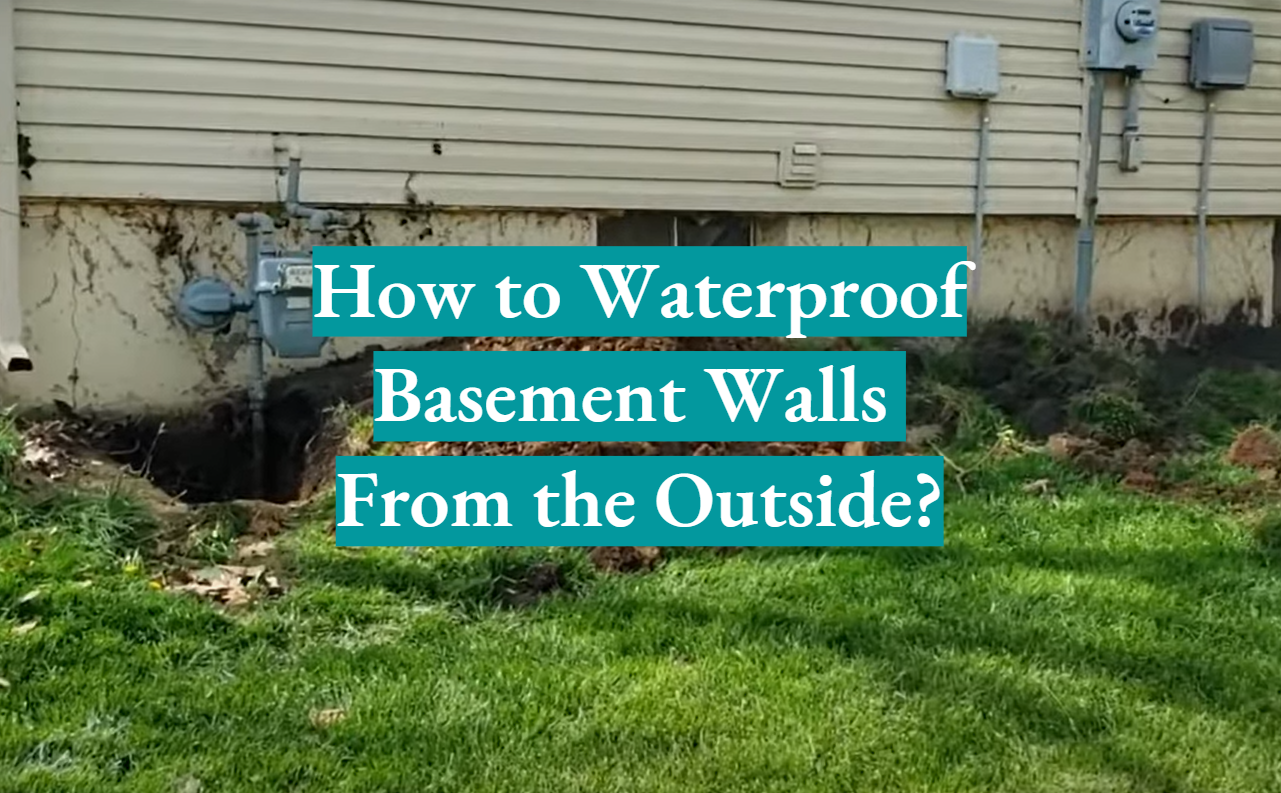
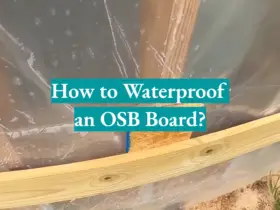
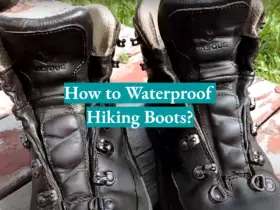


Leave a Reply